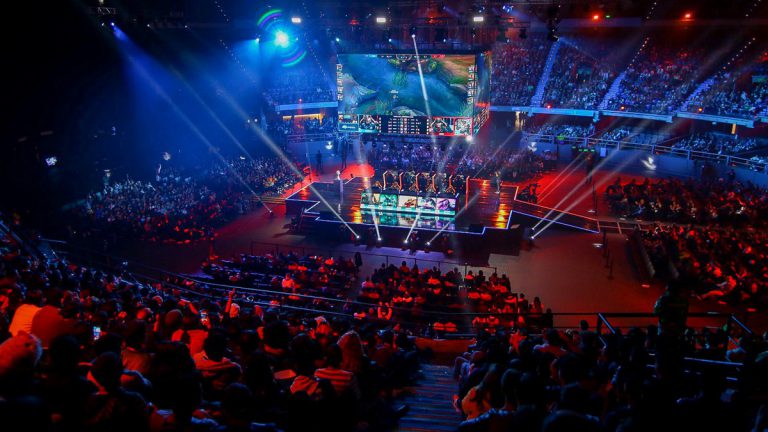The Colombian Congress granted esports the same legal status as traditional sports. Consequently, it officially integrated the sport into the National Sports System. This follows the approval of Law 2507.

This legislative milestone represents formal recognition of the economic, cultural, as well as social relevance of competitive esports. It also paves the way for a more structured development of the sector in the country.
The new law defines eSports as competitions based on video games. These competitions can be amateur or professional and are played on devices such as consoles, computers, or cell phones.
Moreover, it establishes that competitions should guarantee equal conditions, expressly restricting pay-to-win mechanisms that may give advantages to players.
One of the central pillars of Law 2507 is the incorporation of eSports into public sports policies. Together with other state entities, the Ministry of Sports should update the current regulations.
This change will allow the creation of federations, leagues, and clubs. It will also enable the development of formal competitive structures within a maximum of 12 months. The process will involve the participation of industry, academia, experts, and civil society. All of this will target to harmonize regulations with the specificities of the sport.
The law introduces measures for territorial development and equitable access. It gives special attention to rural communities and vulnerable groups. The plan also includes creating community centers equipped for eSports.
Another important point is that the law ensures resources allocated to eSports will not affect traditional sports budgets. It also promotes the technological infrastructure needed for eSports development.
Player protection is another pillar of the law. The guidelines aim to promote both the physical and mental health of video game players. Measures include personalized physical training programs and rules to avoid addiction and other disorders connected with intensive gaming.


